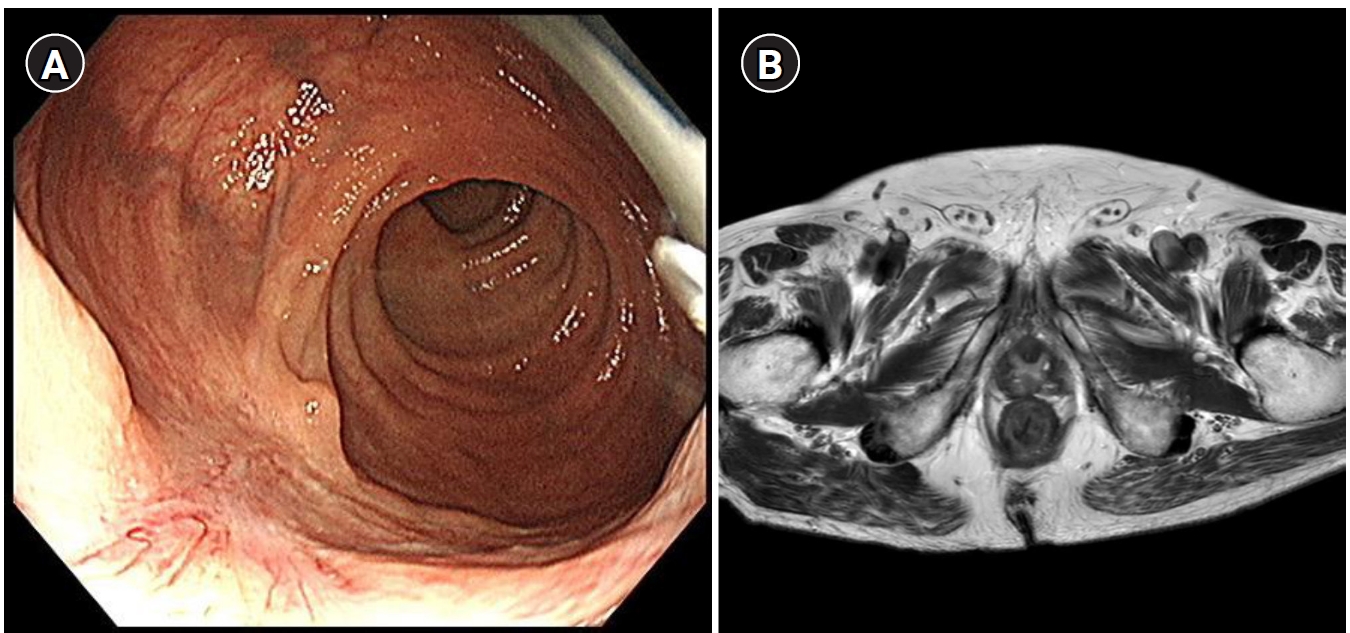


The rate of colorectal cancer (CRC) has altered. Early-onset CRC patients are increasing, and it is one of the main causes of cancer-related death. Based on epidemiologic change, the CRC screening program needs to be changed. To increase compliance, non-invasive screening techniques are developed. Although CRC survival has increased, the oncologic prognosis of metastatic CRC is remains poor. Even in metastatic CRC, which is the most difficult to treat, attempts are being made to increase the survival rate by active surgical therapy with the creation of chemotherapeutic regimens and targeted treatment based on genomic information. Due to the introduction of aggressive chemotherapy regimens, targeted therapy based on genomic features, and improvements in surgical technique, the role of surgical treatment in metastatic CRC has expanded. Metastatic CRC surgery was indicated for liver, lung, and even peritoneal seeding. Local ablation therapy was also effectively used for liver and lung metastasis. Cytoreductive surgery and intraperitoneal chemotherapy were tried for peritoneal seeding and demonstrated good results in a subgroup of patients, although the right indication was carefully assessed. At the same time, one of the key goals of treatment for CRC was to maintain functional outcomes. Neoadjuvant treatment, in particular, helped rectal cancer patients preserve functional results while maintaining oncologic safety. Rectal cancer organ preservation techniques are now being researched heavily in a variety of neoadjuvant treatment settings, including immunotherapy and whole neoadjuvant therapy. Precision medicine based on patient and disease characteristics is currently being used for the diagnosis and treatment of CRC.
Citations


Local recurrence was reduced considerably due to the introduction of neoadjuvant chemoradiotherapy as treatment for locally advanced rectal cancer. However, certain proportions of patients would experience local recurrence inevitably; the lateral pelvic lymph node is the primary site of rectal cancer recurrence even after administering neoadjuvant chemoradiotherapy. It remains unknown whether lateral pelvic lymph node metastasis is considered as a locoregional disease or a distant metastasis. Although the oncologic stance of lateral pelvic lymph node metastasis is controversial, there is increasing research interest in evaluating the conditional benefit of lateral pelvic lymph node dissection in a subgroup of patients. Researchers reported an improvement in local control in patients with clinically suspected lateral pelvic lymph node metastasis before/or after neoadjuvant chemoradiotherapy who underwent lateral pelvic lymph node dissection. However, there is no clear consensus regarding the indication, diagnostic method, and extent of lateral pelvic lymph node dissection.
Citations


